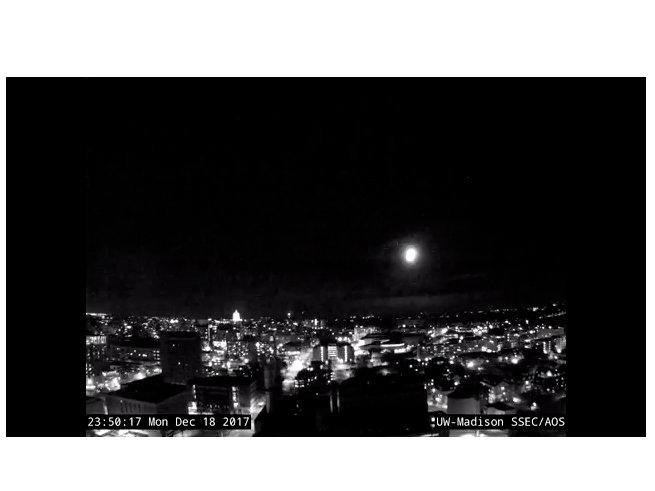In more than 20 years as a meteorologist, I learned plenty about how people interpret weather forecasts. Perhaps the most interesting (frustrating?) thing is that people ignore the words "chance" and "scattered."
For example, here's a typical summer weather forecast that I have written many times: "Breezy and warm with a chance of scattered thunderstorms developing this afternoon."
However, when I said those words on TV or on the radio, here's what most people heard "It's going to storm today."
When I write forecasts similar to the one above, I include the words "chance" and "scattered" for specific reasons.
The word "chance" is used because meteorologists can't always determine with certainty whether it will or will not rain. For a variety of reasons, some people won't accept that. Yet the truth is, for all of the monumental leaps the science of weather forecasting has made over the last 50 years, the atmosphere remains too complicated for man or machine to accurately predict what it will do in the future in all situations.
Perhaps TV station promotion departments have something to do with it. Maybe they have oversold their meteorologist's abilities. Perhaps some meteorologists themselves have positioned themselves as better than they are. Whatever the reason, there are still many times when conditions of the atmosphere are such that we are unable to determine with certainty whether it will rain or not.
The word "scattered" is used because we often have situations in which some areas will get rain and some won't. This situation is common in Milwaukee, especially in the summer. Atmospheric conditions are often such that individual storms can occur and bring heavy rain to one part of town while others remain dry.
I can't tell you how many times I've taken phone calls that went like this:
Caller: "I thought it was supposed to rain today."
Me: "It did."
Caller: "It didn't at my house."
Me: "That's true. The storms were scattered. Some places got them and others didn't."
Caller: "But you said it was going to rain today."
Me: "Well, I said there would be 'scattered storms'. That's what we had."
Caller: "You're an idiot."
Me: "You have a nice day, too."
I do understand that, like politics, all weather is local. That is, people really only care about the weather where they are or are going to be. However, the forecasts that you hear on Milwaukee TV and radio are usually written to be applicable to all of Southeast Wisconsin. That is, from Milwaukee north to Sheboygan, south to Kenosha, and west to Watertown. That's a big area – a few thousand square miles. Weather conditions can vary a lot across that much territory. In fact, it would be the exception, not the rule, if that entire area was experiencing the same conditions.
The bottom line is that forecasting the weather in certain situations remains an uncertain and complicated business. Plus, writing a forecast that is applicable for an area greater than a few blocks or a single city is a challenge as well. Because of that, the words "chance" and "scattered" are necessary in some situations.
Don't ignore them ... or you'll think I'm an idiot too.
Craig is a meteorologist who was born and raised in Pewaukee. After getting a degree in Meteorology from the University of Wisconsin-Madison, he worked over 20 years on TV and radio in Milwaukee, Madison, Omaha, Nebraska and Kansas City, Missouri.
Craig spends most of his time trying to keep up with his bride and their three teenage daughters. Any time left over is spent with his other beloveds, the Packers, Brewers and Badgers.







